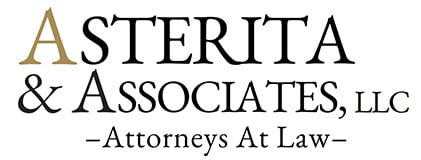When a will is drafted, the testator can name an executor. The executor is responsible for distributing assets to beneficiaries and settling the estate. An executor can be anyone of legal age. Many testators name their spouse or a sibling as their executor. These people often know the testator’s best interests and can settle the estate in good faith.
Typically, there’s a lot more that’s required from an executor, this includes:
- Collecting death certificates
- Submitting the will to probate court
- Paying taxes and debts
- Contacting interested parties
- Collecting insurance benefits
- Locating assets and investments
- Locating beneficiaries
The executor has time to perform their duties during probate. Probate can last for several months, which gives creditors time to file a claim. A complicated estate can take up to a year to settle. Here’s what happens when an executor fails in their duties:
What if the executor fails in their duties?
Executors have what’s known as a fiduciary duty. A fiduciary duty is an executor’s responsibility to always act in the testator’s and beneficiary’s best interests. An executor’s fiduciary duties include putting the interests of the estate before them, acting honestly and fair, keeping information private, ensuring no damages are done to the estate and fulfilling everything instructed by the will.
An executor may breach their fiduciary duty if they, for instance, take assets for personal gain, allow a home to fall to ruin or reveal the value of an estate to others. When an executor breaches their fiduciary duty, they may be legally liable.
What makes a good executor?
To ensure that the role of executor is fulfilled, it can help to pick the right person. This person may be someone highly trusted, close and willing to perform a heavy role. An executor may also seek legal help to ensure their duties are fulfilled.

